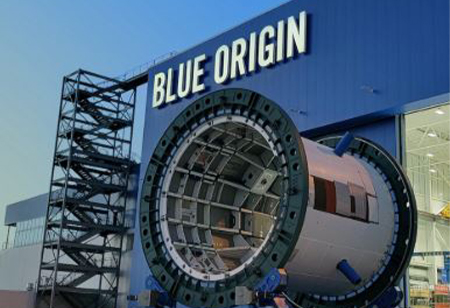
Amazon’s Internet Satellites Makes Entry in Mega Constellation Market


Amazon's first batch of Internet satellites rocketed toward orbit, making the latest entry in the mega constellation market currently dominated by SpaceX's thousands of Starlinks.
The United Launch Alliance's Atlas V rocket is observed to carry up to 27 of Amazon's Project Kuiper satellites, named after the frigid fringes of the solar system beyond Neptune, anticipated to orbit at nearly 630 kilometers after deployment.
Amazon is believed to have purchased dozens of rocket launches from United Launch Alliance and Blue Origin for Project Kuiper as well as others.
Atlas V. Project officials stated, “Two test satellites were launched in 2023, and major upgrades were made to the newest version. The latest satellites also are coated with a mirror film designed to scatter reflected sunlight in an attempt to accommodate astronomers.”
Stargazers oppose the fast-growing constellations of low-orbiting satellites, arguing they spoil observations. Others fear more satellite collisions.
Also Read: A Lot of Weightlifting Awaits Lip-Bu Tan, But is Intel Ready for Him?
Amazon, founded by Jeff Bezos who now runs his own rocket company, Blue Origin aims to put more than 3,200 of these satellites into orbit to provide fast, affordable broadband service around the globe. Elon Musk's SpaceX already has launched more than 8,000 Starlinks since 2019. The European-based OneWeb satellite constellation numbers in the hundreds in an even higher orbit.
Rajeev Badyal, the project's vice-president stated, "There are some things you can only learn in flight despite extensive testing on the ground. No matter how the mission unfolds, this is just the start of our journey," he said in a statement ahead of the evening liftoff."

